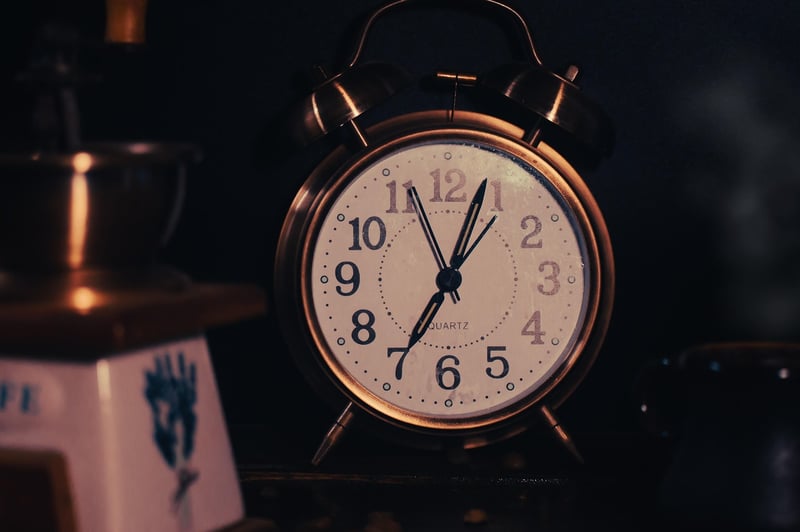Chrono Ethics
Rules for Time Travel and Chrono Ethics
Introduction
Time travel has long been a fascinating concept in science fiction, allowing individuals to journey through time and explore different eras. However, the prospect of time travel raises ethical concerns and the need for establishing rules to govern such endeavors.
Rules for Time Travel:
- Non-Interference Principle: Time travelers should avoid altering significant events in the past to prevent unintended consequences on the present and future.
- Temporal Non-Duplication: Individuals cannot meet their past or future selves to prevent paradoxes and disruptions in the time-space continuum.
- Chronology Preservation: Historical artifacts and structures must be respected and preserved to maintain the integrity of timelines.
- Temporal Displacement: Time travelers should return to their original time period to avoid disruptions caused by prolonged absences.
Chrono Ethics:
Chrono ethics refer to the moral principles and guidelines that govern time travel activities. It is essential to uphold ethical standards when engaging in temporal exploration to ensure the preservation of history and the well-being of individuals across different time periods.
Key Principles of Chrono Ethics:
- Respect for Temporal Integrity: Time travelers must respect the natural flow of time and refrain from altering key events that shape history.
- Non-Interference with Historical Figures: Interactions with historical figures should be limited to avoid influencing their decisions or altering the course of history.
- Protection of Temporal Continuity: Actions taken in the past can have far-reaching consequences, necessitating caution and responsibility in temporal interventions.
Conclusion
Adhering to the rules of time travel and chrono ethics is crucial to prevent disruptions in the space-time continuum and preserve the integrity of historical timelines. By following these guidelines, time travelers can explore the past and future responsibly, respecting the sanctity of time and the impact of their actions across different eras.


